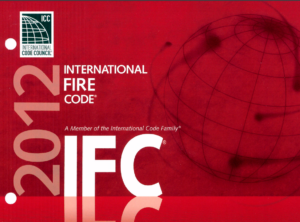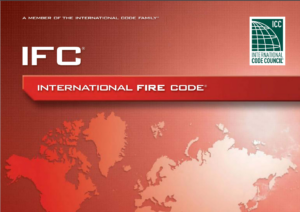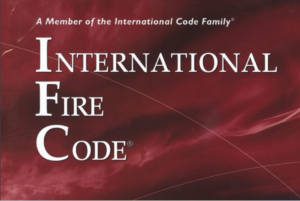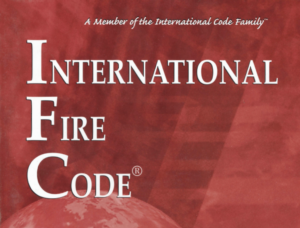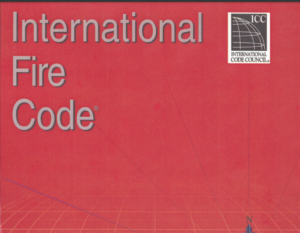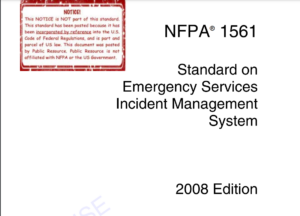The 2020 edition of NFPA 25, titled “Standard for the Inspection, Testing, and Maintenance of Water-Based Fire Protection Systems,” serves as a crucial guideline ensuring the effective performance and reliability of water-based fire protection systems. This standard, refined and released by the National Fire Protection Association, provides comprehensive procedures for routine inspection, testing, and maintenance, which are vital for the operational readiness of fire protection systems.
The document emphasizes systematic approaches for various components of fire protection systems including sprinklers, pumps, pipes, and valves. It details the frequency and nature of inspections and tests necessary to detect anomalies and ensure that all parts of the system function correctly in the event of a fire. This includes guidelines for checking system impairments, the proper handling of system components during maintenance, and ensuring everything conforms to the safety standards.
Significant updates in this edition include refined criteria for the testing and replacement of components, expanded sections on newer technologies like electrically operated sprinklers, and updated protocols for handling system impairments and deficiencies. Moreover, the standard outlines specific requirements for different systems such as standpipes, fire pumps, and water storage tanks, ensuring that all aspects of water-based fire protection are covered comprehensively.
NFPA 25 also integrates performance-based testing options, allowing for adjustments in testing frequencies based on empirical data on system reliability and failure rates. This flexibility supports the adoption of maintenance strategies that are both cost-effective and tailored to the specific needs and conditions of the fire protection systems in various environments.
Overall, NFPA 25 stands as a critical standard that supports the fire protection industry’s goal of safeguarding life and property by maintaining systems in peak condition, ready to perform effectively when needed.

